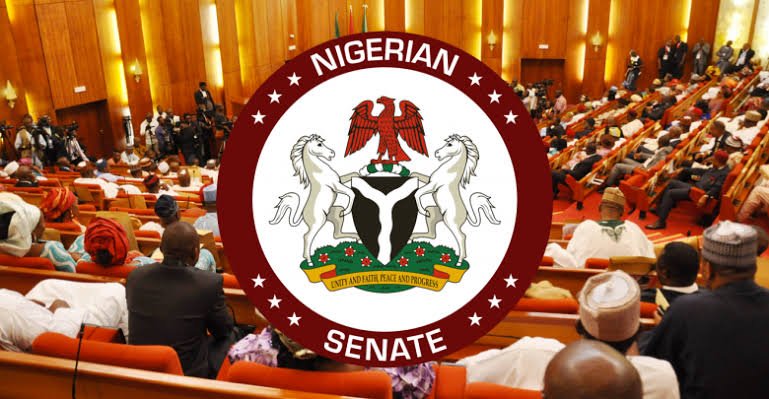Senate Committee on special duties disclosed that it is investigating the distribution of Coronavirus palliatives being disbursed under the social investment programmes (SIPs), particularly the conditional cash transfer (CCT).
This was made known by the chairman of the committee, Yusuf Yusuf, senator representing Taraba central while speaking with newsmen.
Yusuf said they have discovered “lapses” which need to be corrected.
The Federal Government has earlier revealed that it gave palliatives to 3.6 million households which numerous persons opined that it was not enough to alleviate the effect of Coronavirus pestilence on citizens.
“The register was as a result of the World Bank indicating that they can use citizens of the various communities. I have done my own investigation too and we are still doing it,” he said.
“There are certain lapses, a lot of lapses which we need to correct as time goes on. Like I said, the COVID-19 has brought us into a new reality altogether, it is like a war. When you are at war front, you have to look out to handle it.
“A lot of discussions are going on to make sure more of the households are integrated but you know resources are limited, very very limited so there is no way the government can meet the palliatives of each and every household in this country. But are talking about the vulnerable households.
“You know to get data is not an easy thing and especially in this lockdown period, you have a lot of encumbrances so I think we are trying to do the best we can especially in the national assembly to make sure we get the register and scrutinize it to make sure they are eligible to benefit, not people cornering resources in one way or the other.”
Yusuf was asked if the senate panel would stop the disbursement of the palliatives pending its investigation, he said: “I will not say hold on, because we are in the war front.
“So as you go along, you update, you moderate, you reform and go ahead with it.”
In April, Senate President Ahmad Lawan and Femi Gbajabiamila, speaker of the house of representatives, berated the manner in which SIPs were implemented during the lockdown.

